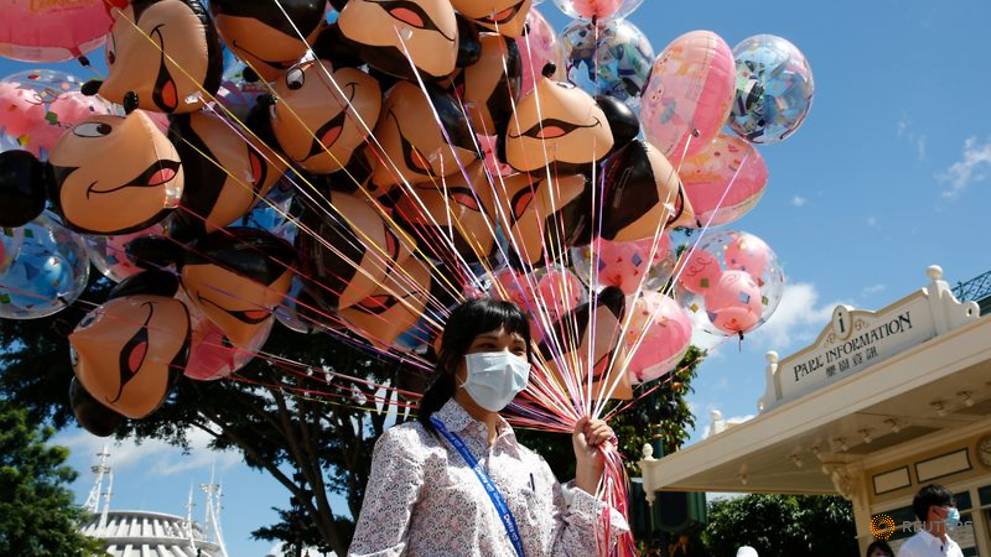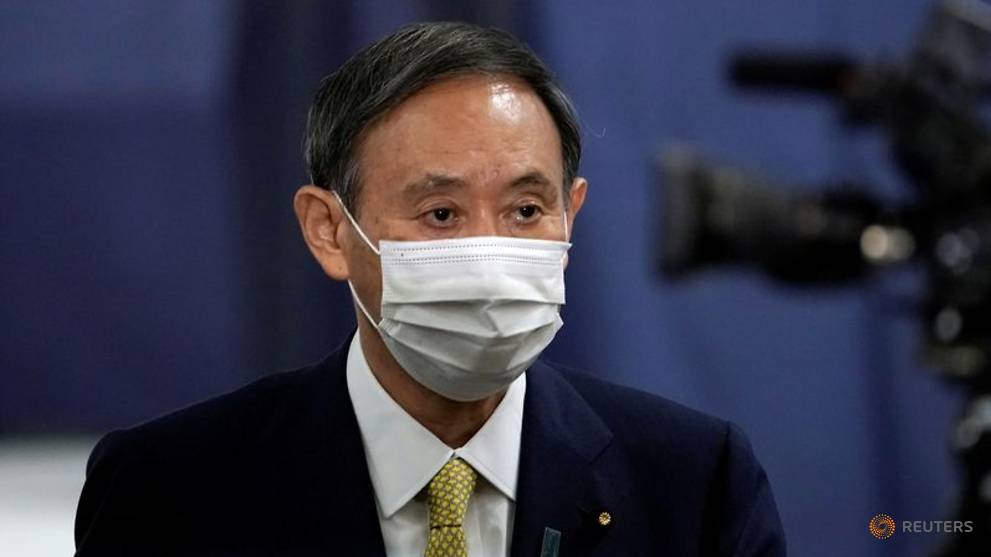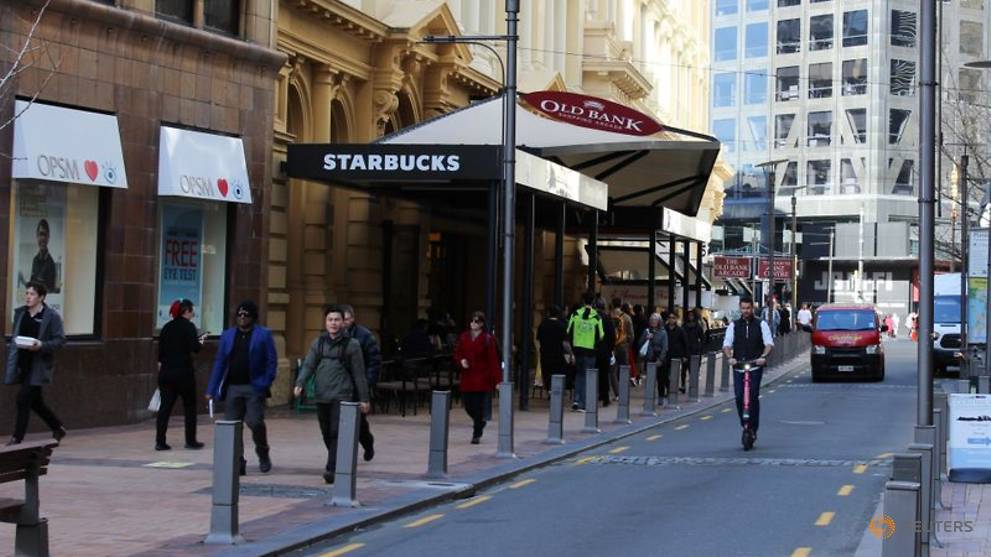LEH, India: From deploying mules to large transport aircraft, India's military has activated its entire logistics network to transport supplies to thousands of troops for a harsh winter along a bitterly disputed Himalayan border with China.
In recent months, one of India's biggest military logistics exercises in years has brought vast quantities of ammunition, equipment, fuel, winter supplies and food into Ladakh, a region bordering Tibet that India administers as a union territory, officials said.
The move was triggered by a border stand-off with China in the snow deserts of Ladakh that began in May and escalated in June into hand-to-hand combat. Twenty Indian soldiers were killed while China suffered an undisclosed number of casualties.
Both countries are negotiating to resolve the confrontation, but neither side has backed down. The Indian military is now set to keep troops deployed along the treacherous, high-altitude border through the winter.
Eastern Ladakh, where the flare-up occurred, is typically manned by 20,000-30,000 soldiers. But the deployment has more than doubled with the tensions, a military official said, declining to provide exact numbers.
"We have mirrored the increase in Chinese troops," the official said, adding the Indian military was well-prepared but did not want further escalation or a prolonged conflict.
Temperatures in Ladakh can fall well below freezing, and troops are often deployed at altitudes of over 15,000 feet, where oxygen is scarce, officials said.
Since snow blocks mountain passes into Ladakh at least four months every winter, Indian military planners have already moved more than 150,000 tonnes of materials into the region.
"All the supplies that we need have already been pushed to wherever they are required," said Major General Arvind Kapoor, chief of staff of the Indian army's 14 Corps.
FERRYING TO THE FRONTLINE
On Tuesday morning, a succession of the Indian air force's large transport aircraft landed at a forward base in Ladakh, carrying men and materials, as fighter jets roared overhead.
Soldiers with backpacks streamed out and were checked for COVID-19 symptoms at a transit facility, where they awaited further transport.
The materials are stored across a network of logistics hubs.
At a fuel, oil and lubricant depot near Leh, Ladakh's main city, a hillside was covered with clusters of green drums.
At storage facilities at a nearby supply depot, boxes and sacks of ration - including pistachios, instant noodles and Indian curries - stood in tall piles. At another base near Leh, tents, heaters, winter clothing and high-altitude equipment lay stacked.
From these depots, the materials are pushed to logistics nodes by trucks, helicopters and, in some particularly difficult parts, mules, officials said.
"In a place like Ladakh, operations logistics is of huge importance," said Kapoor. "In the last 20 years, we have mastered it."
https://news.google.com/__i/rss/rd/articles/CBMicWh0dHBzOi8vd3d3LmNoYW5uZWxuZXdzYXNpYS5jb20vbmV3cy9hc2lhL2luZGlhLXB1c2hlcy10b25uZXMtb2Ytc3VwcGxpZXMtdG8tZGlzcHV0ZWQtY2hpbmEtYm9yZGVyLWFoZWFkLTEzMTE0NzI40gEA?oc=5
2020-09-15 18:35:12Z
52781064611770



